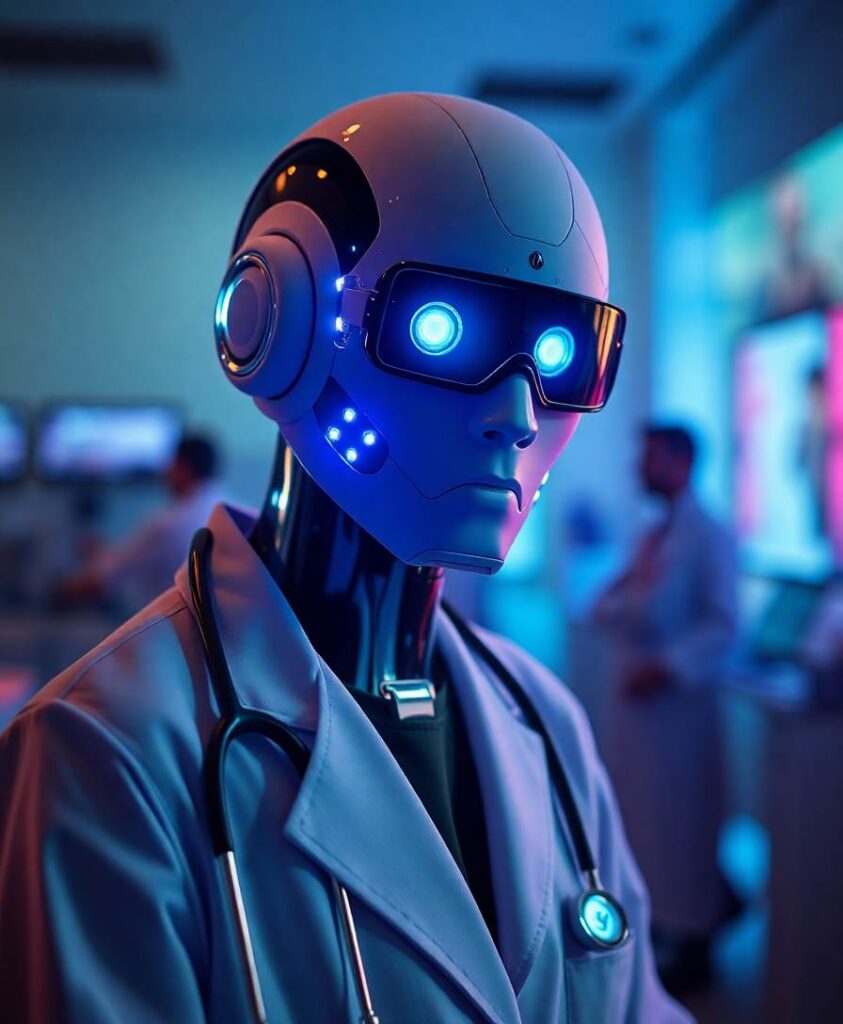OPETH: Open Source Solution for Real-Time Peri-Event Time Histogram Based on Open Ephys
Single cell electrophysiology remains one of the most widely used approaches of systems neuroscience. Decisions made by the experimenter during electrophysiology recording largely determine recording quality, duration of the project and value of the collected data. Therefore, online feedback aiding these decisions can lower monetary and time investment, and substantially speed up projects as well as allow novel studies otherwise not possible due to prohibitively low throughput. Real-time feedback is especially important in studies that involve optogenetic cell type identification by enabling a systematic search for neurons of interest. However, such tools are scarce and limited to costly commercial systems with high degree of specialization, which hitherto prevented wide-ranging benefits for the community. To address this, we present an open-source tool that enables online feedback during electrophysiology experiments and provides a Python interface for the widely used Open Ephys open source data acquisition system. Specifically, our software allows flexible online visualization of spike alignment to external events, called the online peri-event time histogram (OPETH). These external events, conveyed by digital logic signals, may indicate photostimulation time stamps for in vivo optogenetic cell type identification or the times of behaviorally relevant events during in vivo behavioral neurophysiology experiments. Therefore, OPETH allows real-time identification of genetically defined neuron types or behaviorally responsive populations. By allowing “hunting” for neurons of interest, OPETH significantly reduces experiment time and thus increases the efficiency of experiments that combine in vivo electrophysiology with behavior or optogenetic tagging of neurons.
Marc is a Canadian exercise physiologist in St. John’s, linking fitness to sharper thinking. He writes about real-world ways to stay strong and sharp, inspired by Newfoundland’s tough, no-frills lifestyle.



